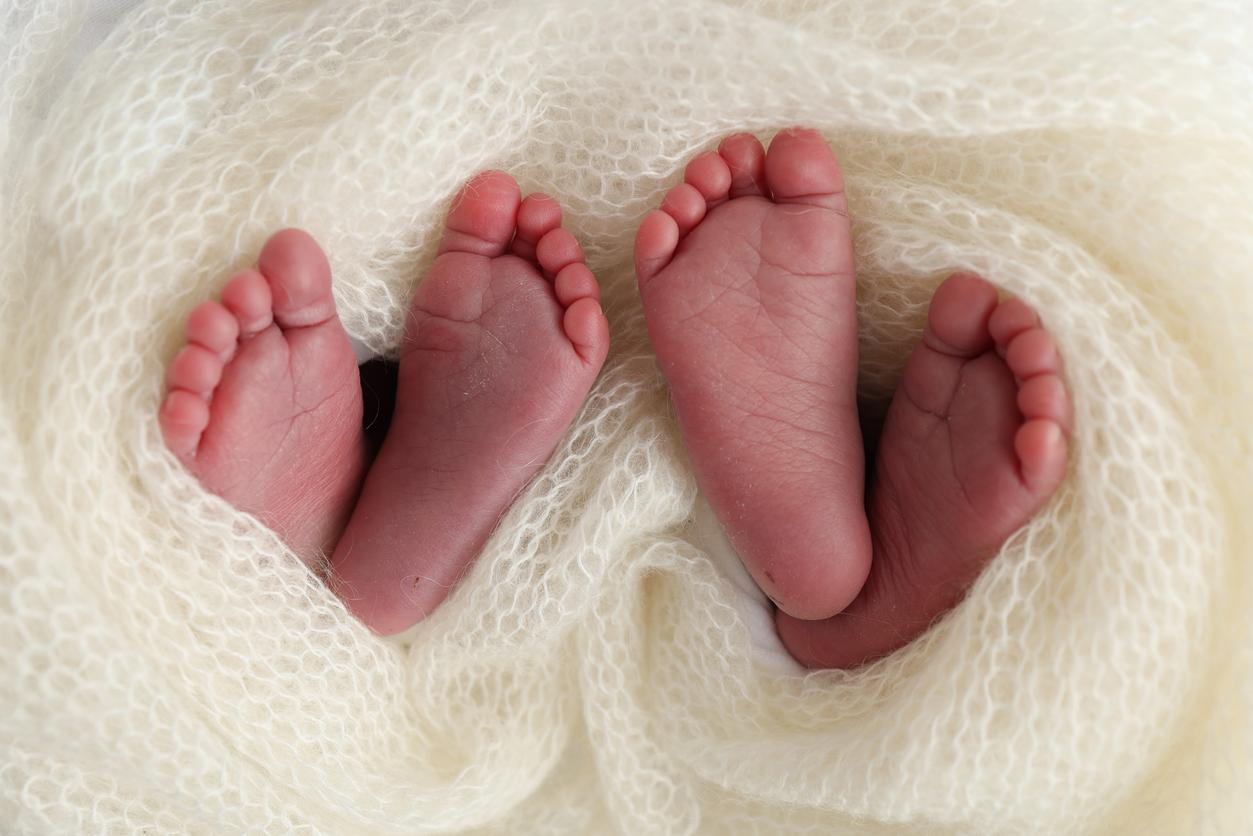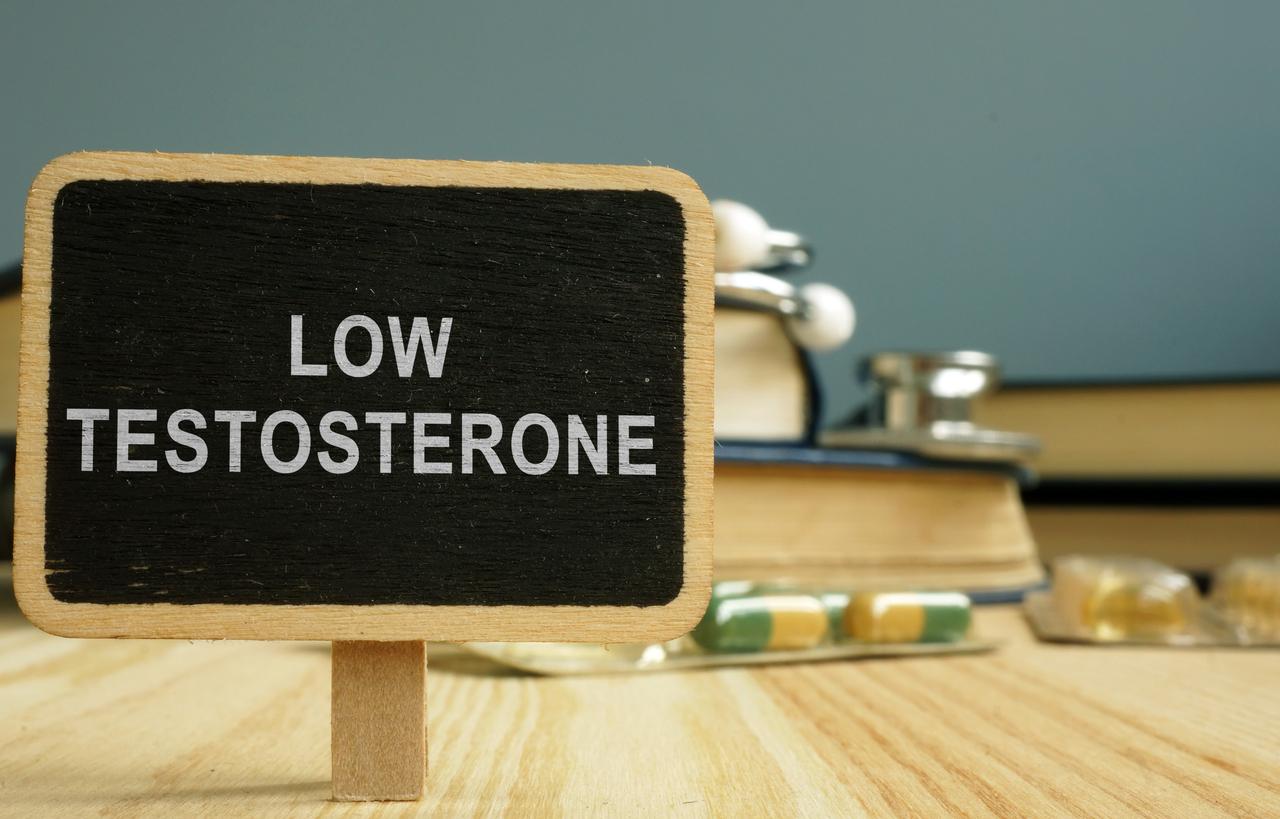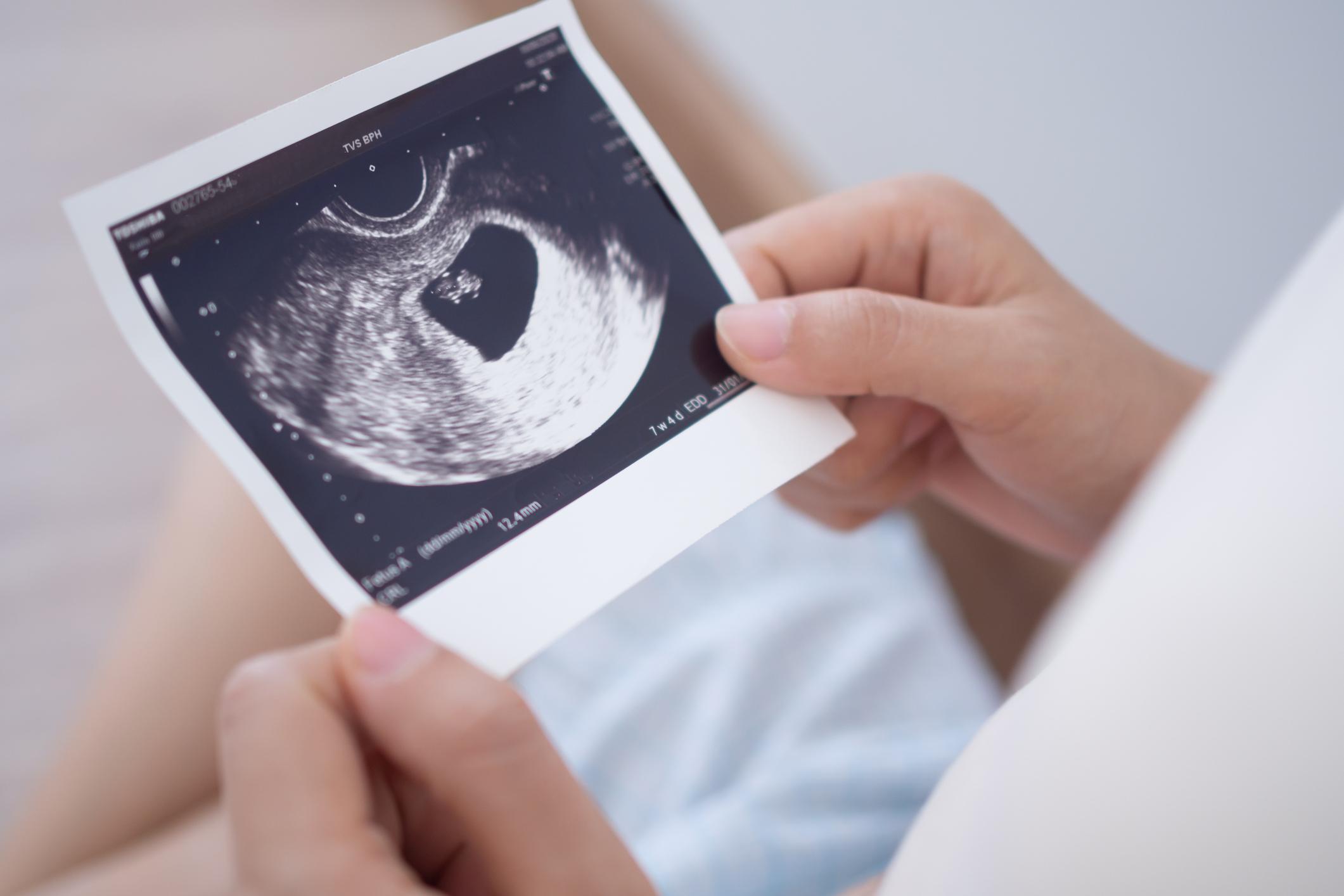Because they were exposed to their brother’s testosterone in their mother’s womb, women with twins experience more difficulties (financial, romantic, or academic) than others as they age.

If you are a woman and have a twin, this study will probably send chills down your spine. Women who shared their mother’s womb with a male twin would have more problems than others in life. According to a Norwegian study published in the specialist journal Proceedings of the National Academy of Sciences (PNAS) on March 18, these difficulties would be academic as well as financial and romantic.
To reach this sad conclusion, researchers from the University of the North and the Norwegian School of Economics examined data on all twin births that took place in their country between 1967 and 1978.
Conclusion: Women who shared their mother’s uterus with a male twin were less likely to finish high school (-15.2%), college (-3.9%) or even get married (-11. 7%). They also had a lower fertility rate (-5.8%) and lower income (-8.6%) than women with twins. Unlike girls, twins were unaffected by sharing their mother’s womb with a twin.
The first study of such magnitude on this subject
“No one had yet been able to study how male twins infect their twins on such a large scale,” said Krzysztof Karbownik, a research economist at Northwestern University’s Institute for Policy Research (IPR) who participated in this work. “This is the first study to follow people for more than thirty years, from birth to adulthood, to show that being exposed in the womb to a male twin as a girl has a significant influence on income, education and fertility rate,” he continues.
This study therefore supports the hypothesis already put forward that women who have shared their mother’s uterus with a twin brother are exposed to more testosterone in the uterus via the amniotic fluid, which would ultimately have an impact on their behavior. .
“It’s a biological story of sex differences,” says David Figlio, dean of the University who participated in the study. “We do not show that exposed women are necessarily more ‘like men’, but our findings support the idea that passive exposure to prenatal testosterone changes a woman’s upbringing, her market positioning of labor and its fertility rates,” he continues.
Of course, education also plays a role If previous, more modest studies had already shown that such exposure to hormones of the opposite sex could lead to lasting changes in behavior, it has also already been proven that the effects of socialization (being a girl raised with a twin brother) had a long-term impact. To separate the effects of fetal testosterone from education, the researchers therefore repeated their work by focusing only on women whose twin (girl or boy) had died shortly after birth and who had therefore been raised alone. It made no difference. Is it therefore proof that these behavioral differences are due more to prenatal exposure to testosterone than to experience?
Changing societies
Do not panic however Ladies: it is possible that positive effects also result from this early exposure to testosterone, nuance the study. In addition, “all women will not be affected in the same way and some twins will not be affected at all”, it is noted. What’s more, given the gender upheavals currently taking place around the world, the long-term impacts of this hormone may soon become part of new societal norms.
“It is important to emphasize that our findings apply to Norwegian society during the time of study but may not apply in the same way in other societies or countries. “, explains Christopher Kuzawa, co-author of this work. And to develop: “For example, if gender norms change between societies, the acceptance of a wider range of behaviors could minimize the subsequent effects on results such as the completion of studies or a marriage”.
Indeed, the world has changed a lot since the end of this study. Since 1980, the number of twin births nearly doubled due to later childbirth and increasingly common recourse to in vitro fertilization. Consequently, the number of women who were exposed to testosterone from their twin in their mother’s womb also increased. Despite everything, “we certainly do not position ourselves against the use of IVF”, notes Krzysztof Karbownik, recalling that it is “a complex choice decided by many personal factors”.
.
















